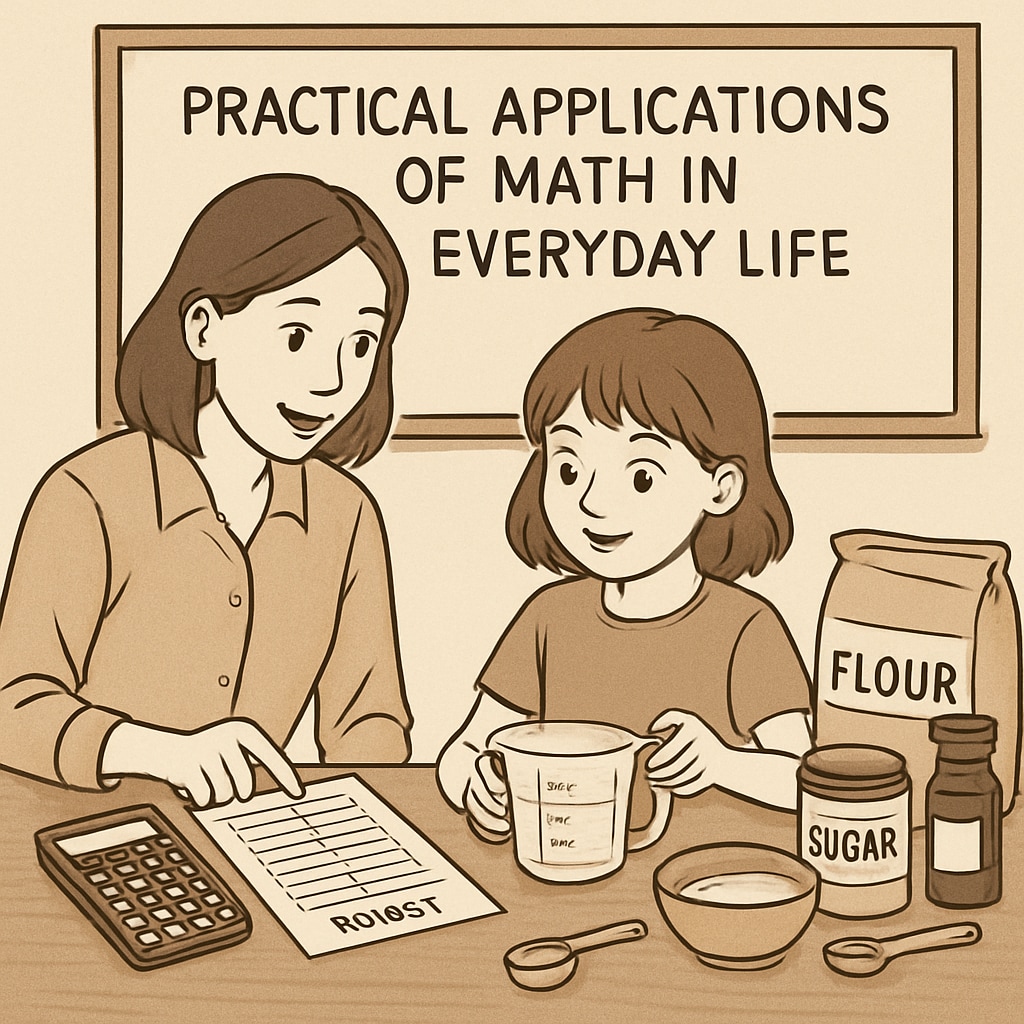When children question the relevance of math in their lives, it can be a challenging moment for parents and educators alike. The typical response—“You’ll need it in the future!”—often falls short of inspiring curiosity or motivation. Instead, addressing such concerns requires thoughtful communication strategies that highlight the importance of math education, learning motivation, and emotional connection. By translating the abstract benefits of mathematics into relatable ideas, you can effectively nurture a child’s genuine interest and long-term engagement.

Understanding the Roots of the Question
When a child asks, “Why do I need to study math?”, their question often stems from a lack of immediate relevance. Math can seem abstract and disconnected from their day-to-day experiences. As a result, the first step is understanding their perspective and validating their feelings. Acknowledge their curiosity and express that their question is important. This sets the stage for a meaningful conversation.
To make math more relatable, start by explaining how it influences their everyday life. For example:
- Counting and measuring in cooking recipes.
- Understanding time and schedules.
- Budgeting pocket money or allowances.
These examples make math less intimidating and more practical, bridging the gap between abstract concepts and tangible experiences.
Connecting Math to Real-Life Applications
One powerful way to inspire motivation is by showing children how math shapes the world around them. From the engineering of bridges to the technology behind smartphones, math is everywhere. Share fascinating facts and stories, such as how the golden ratio influences art and architecture or how statistics help make decisions in sports.

Additionally, you can discuss careers that rely on math, such as engineering, medicine, game design, and data analysis. Showing the real-world impact of math can spark curiosity and help children see its value beyond the classroom.
Fostering Emotional Connections to Math
Beyond practical benefits, math can be an avenue for creative problem-solving and intellectual growth. Highlight how math encourages critical thinking and boosts confidence when solving challenges. For example, solving a difficult puzzle or equation can provide a sense of accomplishment, reinforcing a positive emotional connection.
Here are some tips to foster emotional connections:
- Celebrate small milestones, such as mastering multiplication tables or solving a tricky problem.
- Encourage teamwork by working on math puzzles or games together.
- Frame mistakes as opportunities to learn and grow, reducing fear or anxiety around the subject.
By focusing on the emotional and intellectual benefits, children may begin to see math as a tool for personal development rather than just an academic requirement.
Creating a Collaborative Learning Environment
Effective communication about math education is not about one-way lectures but rather creating a dialogue. Ask children what they find difficult or interesting about math, and tailor your explanations to their specific concerns. Encourage open-ended questions like:
- “What do you think math is used for in everyday life?”
- “Can you think of situations where numbers or patterns might come in handy?”
- “What part of math do you enjoy the most, and why?”
These questions invite reflection and make children feel heard, fostering a collaborative approach to learning.
Conclusion: Inspiring Lifelong Learning
Answering a child’s doubts about math requires more than quick responses; it’s an opportunity to build their curiosity, confidence, and motivation. By connecting math to real-life applications, fostering emotional ties, and creating a collaborative learning environment, parents and educators can transform skepticism into enthusiasm. Ultimately, math education is not just about equations and formulas—it’s about cultivating skills and perspectives that empower children to succeed in all areas of life.
So the next time your child asks, “Why do I need to study math?”, view it as a chance to inspire their lifelong journey of learning and discovery.


